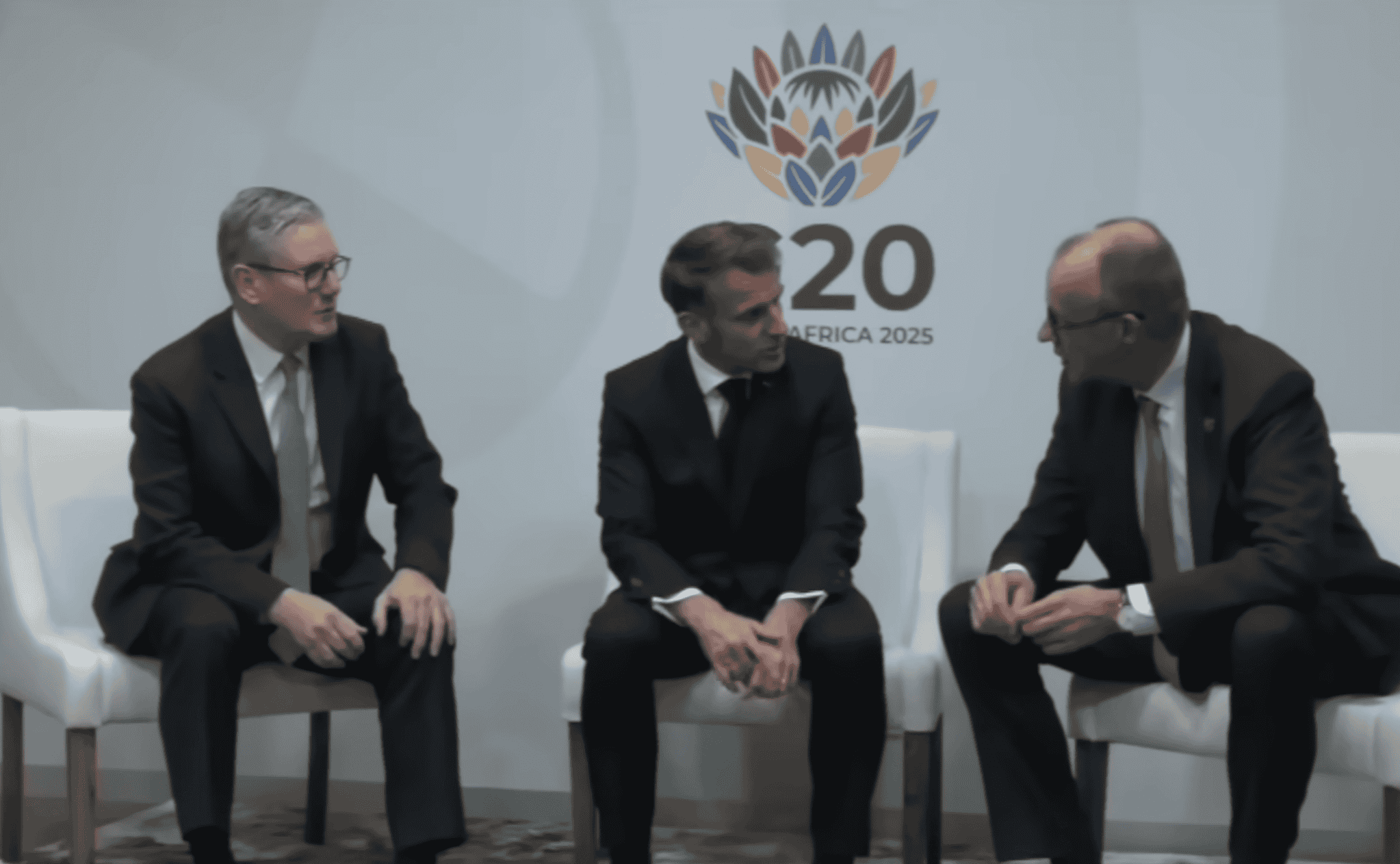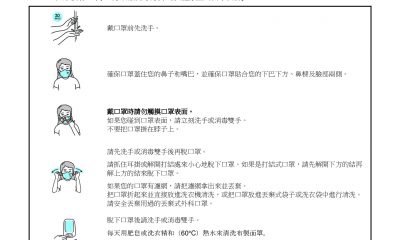Daily News
Trump Says Ukraine War Peace Plan Is Not the “Final Version”

Daily News
Trump Holds Talks with Xi Jinping and Japan’s Prime Minister Sanae Takaichi Within 24 Hours
Daily News
Research Shows Coalition Voter Trust Hits Record Low
Daily News
Australia’s Emergency Mental Health Crisis Worsens
-

 COVID-19 Around the World4 years ago
COVID-19 Around the World4 years agoFraudulent ivermectin studies open up new battleground
-

 Cuisine Explorer5 years ago
Cuisine Explorer5 years agoCantonese Mango Sago
-

 Tagalog5 years ago
Tagalog5 years agoFILIPINO: Kung nakakaranas ka ng mga sumusunod na sintomas, mangyaring subukan.
-

 Uncategorized5 years ago
Uncategorized5 years ago如果您出現以下症狀,請接受檢測。
-

 Cantonese - Traditional Chinese5 years ago
Cantonese - Traditional Chinese5 years ago保护您自己和家人 – 咳嗽和打喷嚏时请捂住
-

 Uncategorized5 years ago
Uncategorized5 years agoCOVID-19 檢驗快速 安全又簡單
-

 Uncategorized5 years ago
Uncategorized5 years agoHow to wear a face mask 怎麼戴口罩
-
Uncategorized5 years ago
在最近的 COVID-19 應對行動中, 維多利亞州並非孤單
















